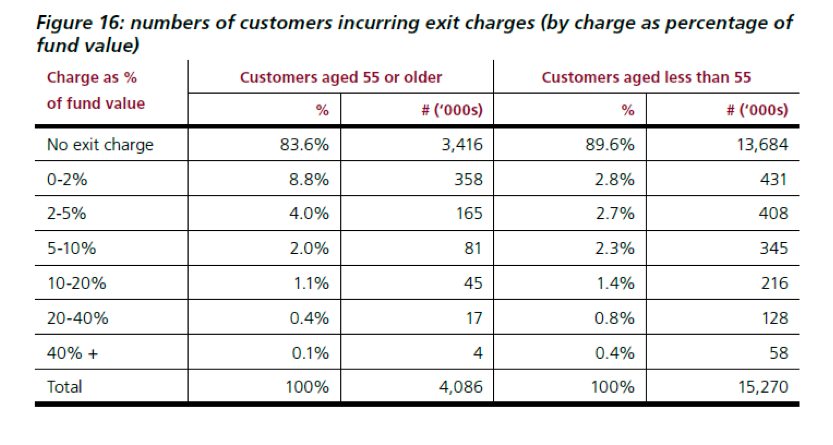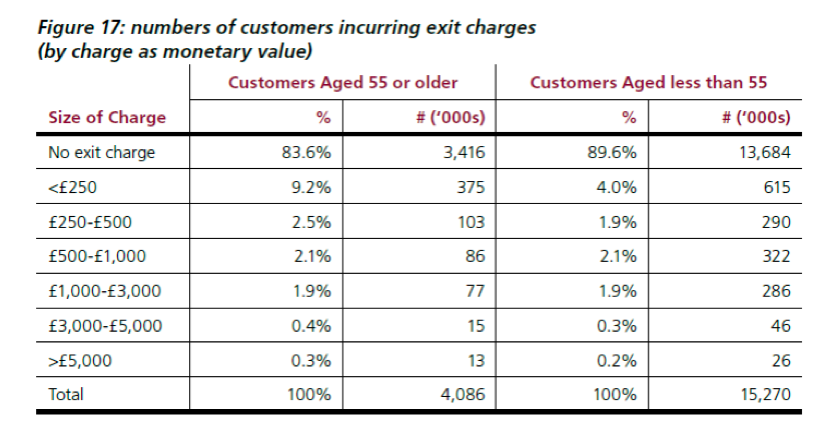A new charge cap on pension exit penalties overseen by the FCA is to be introduced, Chancellor George Osborne said today.
A Regulatory News Statement announcement published this morning sets out a Government plan to introduce legislation to place a duty on the FCA to cap ‘excessive’ early exit charges for those eligible to access their pension pot under the new pension freedoms. The FCA will be responsible for setting the level of the cap and will consult fully in due course, the statement says.
The Treasury had originally proposed one of three options: a voluntary cap on exit charges, a flexible cap in certain circumstances or a cap on all early exit fees.
Hargreaves Lansdown head of retirement policy Tom McPhail says: “We welcome this announcement; hundreds of thousands of pension investors currently face charges and restrictions if they want access to the pension freedoms or to transfer their money to a new pension arrangement. In some cases these penalties can run to hundreds or even thousands of pounds. This kind of financial bondage has no place in the 21st century.
“Investors who are looking to take advantage of the freedoms but who are currently facing exit penalties, may want to hold back now in order to benefit from the new ban, though it is unclear at this stage how rapidly the change can be introduced.
“We hope that all pension investors will now be able to exercise free control over their pension pots. Any exit penalties should be limited to no more than a proportionate administration charge based on the actual costs incurred.”
ABI director of long term savings policy Yvonne Braun says: “We note the announcement by the Chancellor today that he plans to introduce a new duty on the FCA to cap exit charges on pensions. As the FCA acknowledge, more than eight out of ten customers do not have to pay early exit charges to access their pensions. Where they do, most fees are below 5 per cent and were put in place decades before the freedom & choice reforms were introduced. We will engage closely with the FCA and Treasury on this issue going forward.”






